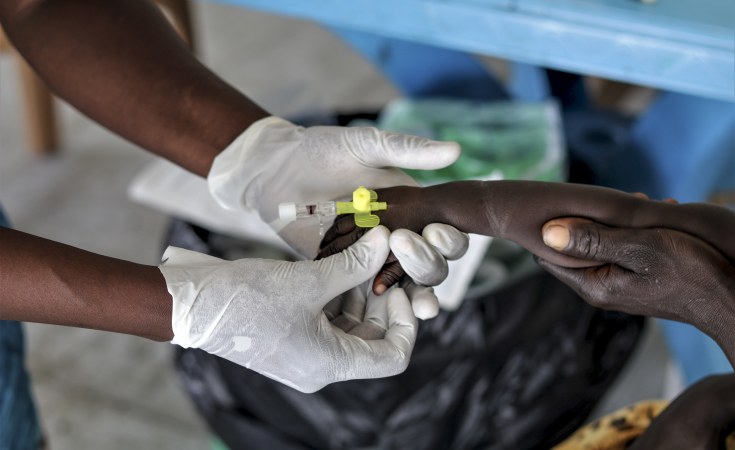Latest data from Rwanda Biomedical Centre, as reported by The New Times in its April 24 edition, indicates that malaria cases in the country dropped by a staggering 88% in 2023.
Rwanda targets to completely eradicate malaria by 2030, and the trend over the last seven years gives hope that it is possible. About five million cases were recorded in 2016, but just over 600,000 were registered last year.
The numbers speak volumes; a reduction of severe malaria cases by 90%, a decline in malaria-related deaths by 91%, and an increase in Community Health Workers (CHWs) managing malaria cases from 18% to 60%. The statistics are not just figures in a report; they represent lives saved, families protected, and communities strengthened.
The journey towards a malaria-free Rwanda has been marked by concerted efforts and innovative strategies. From the deployment of CHWs to the distribution of Long-lasting Insecticidal Nets (LLINs) and the introduction of larviciding using drones, Rwanda has embraced a multifaceted approach that targets every aspect of malaria prevention and control.
Central to Rwanda's success has been its adaptability and commitment to evidence-based strategies. Recognizing the challenge of mosquito resistance to insecticides and pesticides, the decision to rotate between different products since 2017 demonstrates a proactive approach that is both responsive and effective.
Initiatives like integrated vector management and community mobilization have also empowered local communities to take ownership of malaria prevention efforts.
Rwanda's ambition to be malaria-free aligns perfectly with the 2016-2030 global targets set by the World Health Organization (WHO) to eliminate the disease in 35 countries and reduce malaria morbidity and mortality rates by 90%. With a clear roadmap in place and the dedication of healthcare professionals, policymakers, and community leaders, this goal is within reach.
ALSO READ: Rwanda records 60% reduction in malaria deaths
As the country cements its place in healthcare governance, it is no surprise that it is hosting the 8th Multilateral Initiative on Malaria (MIM) Society Conference from April 21 to 27. This reflects Rwanda's commitment to leveraging international collaboration and expertise in the fight against malaria.
Achieving a malaria-free Rwanda requires sustained investment, innovation, and integration of resources. It also demands continued cooperation with partners and addressing underlying social determinants of health. All this is not impossible.
As Rwanda joins the global community to observe the World Malaria Day on Thursday, April 25, it is also an opportune moment to recommit to making malaria history in the country.
The writer is a pharmacist by training and a senior editor with The New Times


